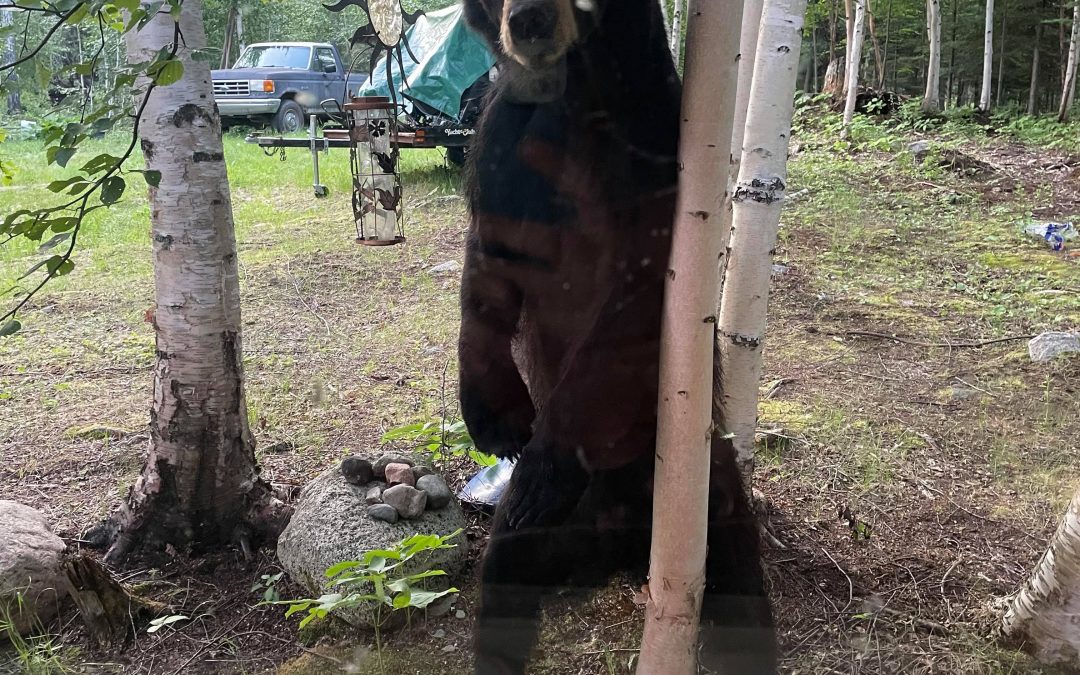Black bears and the overturned garbage bins where they’ve found their meals, have been recently spotted throughout a La Ronge residential area.
And conservation officers have been dealing with the unwanted visitors.
Matthew Tokaruk, a black bear biologist with the Ministry of Environment, said the goal is to have bears move out of town themselves by cutting off the food supply.
“When conservation officers do have to get involved, they’ll employ a few different methods—hazing bears when possible and then trapping when needed as well.”
Hazing means officers will attempt to make the bears’ stay as uncomfortable as possible, such as by using screamers to make a loud noise and scare it off.
Tokaruk said the officers are currently deploying bear traps in the area.
Although conservation officers are doing a lot of the work, Tokaruk said there are some ways residents can also help.
“With your garbage bins—putting them out in the morning and not leaving them out overnight, bring your pet food in off your deck, keeping your barbecue grill clean,” he said. “I mean, that smells good to us (so) it could smell good to a bear.”
He said bringing in bird-feeders is another way to keep bears out of residents’ yards.
Tokaruk said bears coming into communities can depend on food source availability.
“Black bears moving into communities varies year to year and it really does vary by availability of local food sources both in the wild and in town,” he said.
Tokaruk said if the berry crop is sparse, bears will look elsewhere for food.
However, bears may also look for food in town because it’s easy to find.
(PHOTO: Black bear seen in Napatak, a community south of La Ronge, in late June. File photo.)
